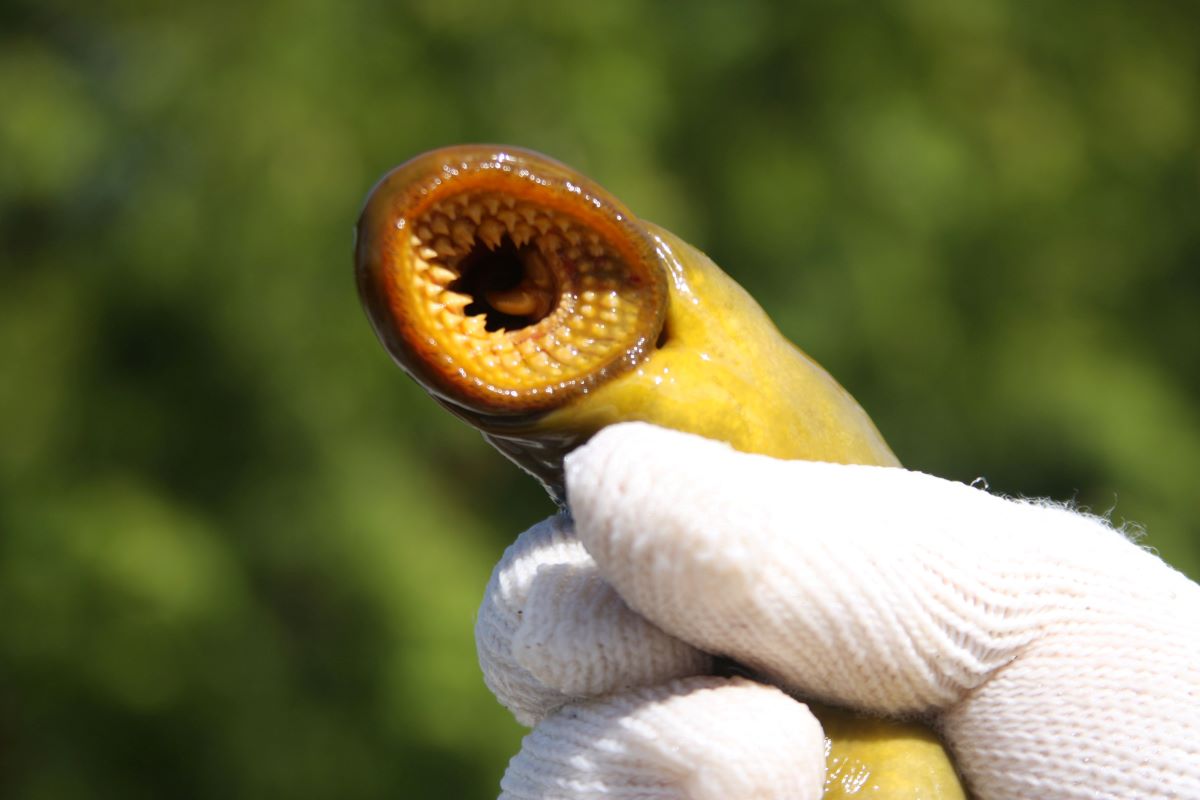With bird flu cases continuing to rise across the U.S., and a teenager now in critical condition in Canada after contracting the virus, alarm bells are sounding over how big the outbreak could become.
So far in 2024, 46 people have become infected with the highly pathogenic H5 strain of bird flu, according to Centers for Disease Control and Prevention (CDC) data. Some 25 of those infections have been associated with dairy cattle, 20 with poultry and one case in Missouri arose from an unknown source.
As for the teen in Canada, who was described as "healthy prior to this" during a press conference on Tuesday, the source of infection is also unknown. They had no exposure to farms, where the virus is most prevalent.
A recent outbreak on a pig farm in Oregon—the first of its kind in the U.S.—sparked further concerns, as pigs are well known for transmitting diseases to humans.
According to the CDC, the risk to the general public remains low, and no cases of human-to-human transmission have been reported so far.

But with each human infection, the virus gains another opportunity to mutate and learn to spread among the population in the process. According to experts, if human-to-human transmission were to occur, the impacts would be uncertain—but potentially pandemic-causing.
"Before COVID, flu has has been the cause of most of the recent recorded pandemics that we know," Jeremy Rossman, a senior lecturer in virology at the University of Kent in the U.K., told Newsweek.
Rossman explained that the risks of flu pandemics are, therefore, very high, but that bird flu presents a big unknown. Because the population hasn't been exposed to H5 bird flu, immunity will be much lower than with other strains of the flu.
He added: "We just don't know what that would look like and that's that is the biggest concern."
The need for a lockdown would hinge on what form the mutation that gives bird flu the ability to transmit among humans would take.
"If we start to get human-to-human transmission, especially going into the winter in the U.S. when flu spreads the best anyways, there is a very high chance that this virus would start to spread," Rossman said.
"Now the implications of that are not clear because historically bird flu in people can have up to 60 percent case fatality rates. But we're not seeing that even with the spillover cases from cattle here."
In the U.S., human cases to date have been generally mild, according to the CDC, with most infected persons displaying little more than conjunctivitis and mild flu-like respiratory symptoms.
"It's possible that the adaptation to people could restore some virulence, but it's also possible that you end up getting H5N1 that spreads from person to person that still causes mild disease," Rossman said.
"We just don't know what it would be like if in fact we did get this human transmissible bird flu."
Is there a health problem that's worrying you? Let us know via health@newsweek.com. We can ask experts for advice, and your story could be featured in Newsweek.




















 English (US) ·
English (US) ·